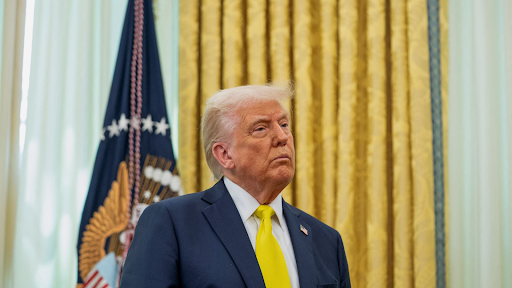The question of how to respond to threats in the age of unmanned warfare is at the heart of the latest crisis facing President Donald Trump. His cautious stance on the Russian drone breach in Poland, calling it a possible “mistake,” reflects the inherent ambiguities of this new battlefield.
The use of drones, which can be pre-programmed or remotely piloted, often makes it difficult to ascertain intent with certainty. The downing of the Russian drones by NATO was a clear defensive act, but it opens up a complex debate about rules of engagement for unmanned systems.
President Trump’s reaction acknowledges this complexity. By not immediately assigning malicious intent, he avoids escalating a situation that could have been caused by a technical glitch or navigational error, all while condemning the outcome.
Meanwhile, the military response is focused on the technological reality. Poland is seeking specific counter-drone systems, and its allies are providing them. NATO is adapting its broader defensive strategy to account for the unique challenges posed by the proliferation of unmanned military aircraft.
The Drone Question: Trump’s Cautious Stance on Unmanned Warfare
22

